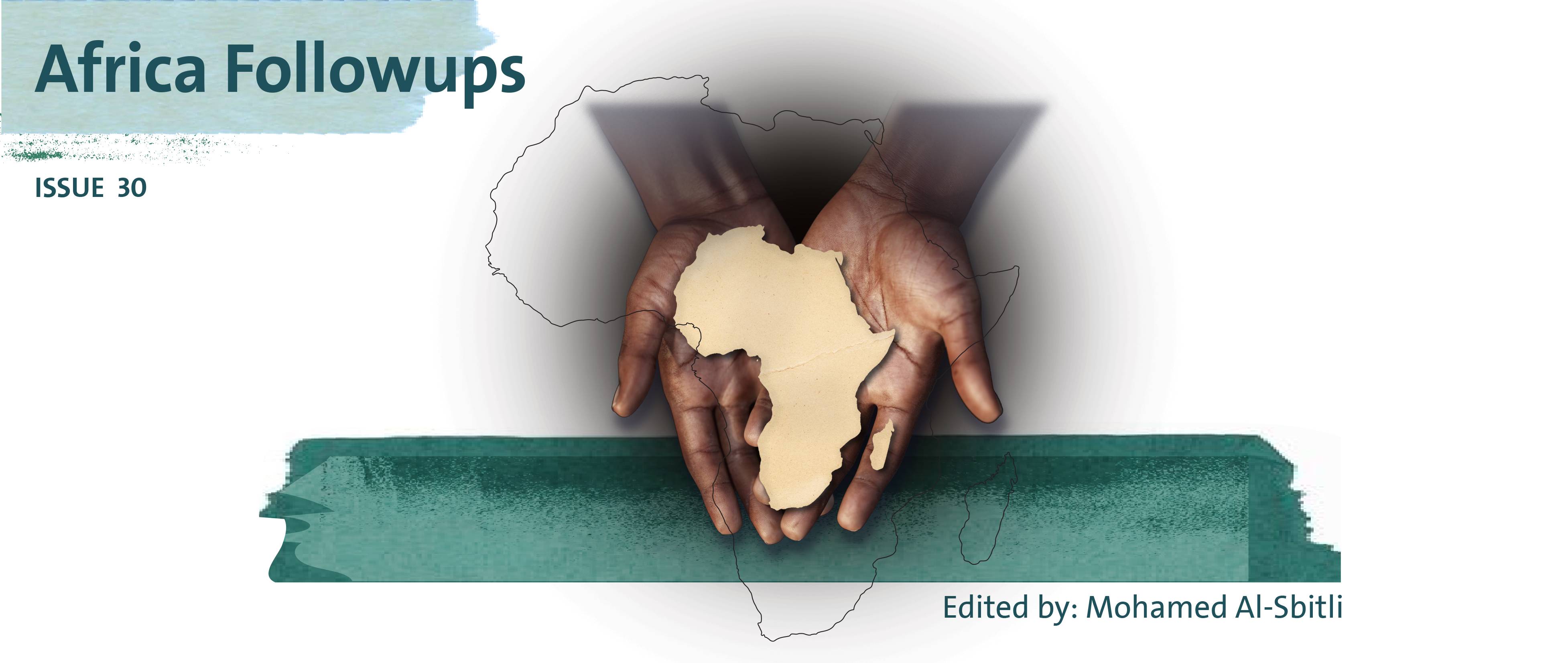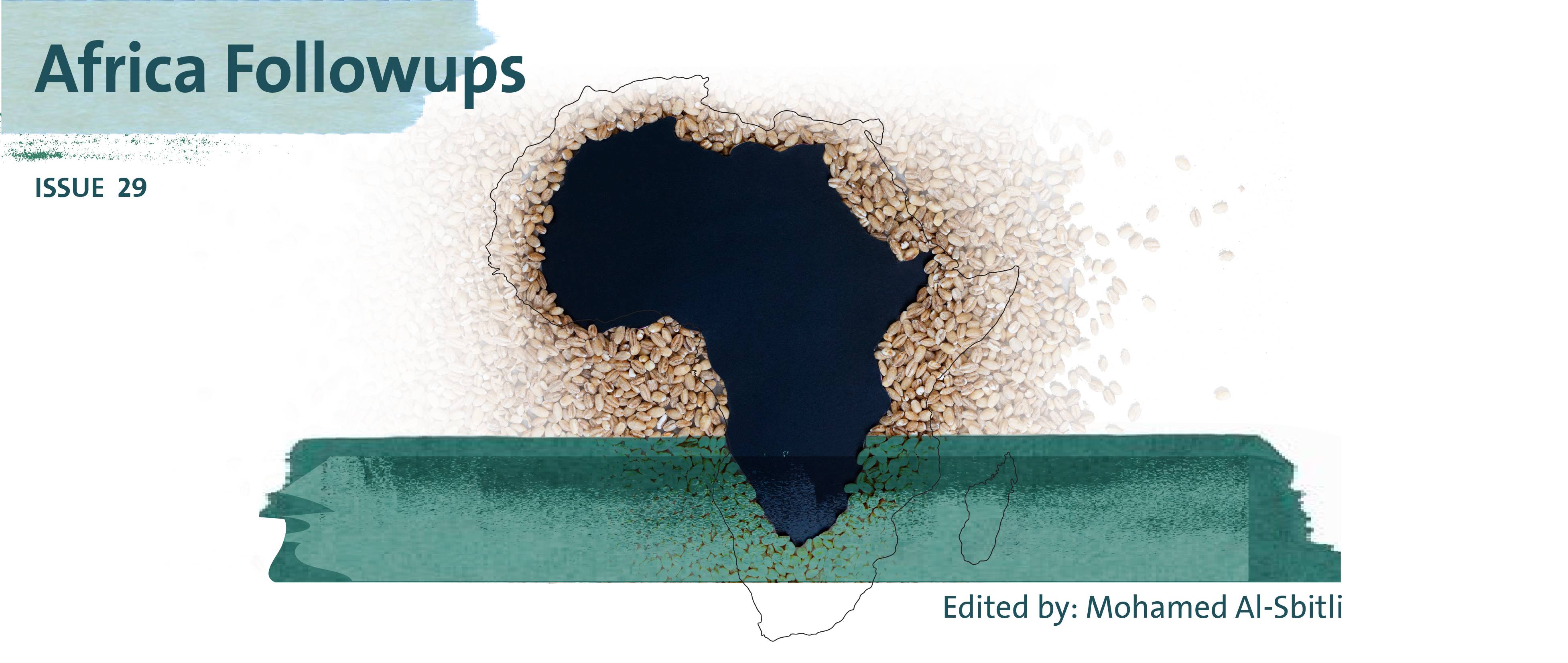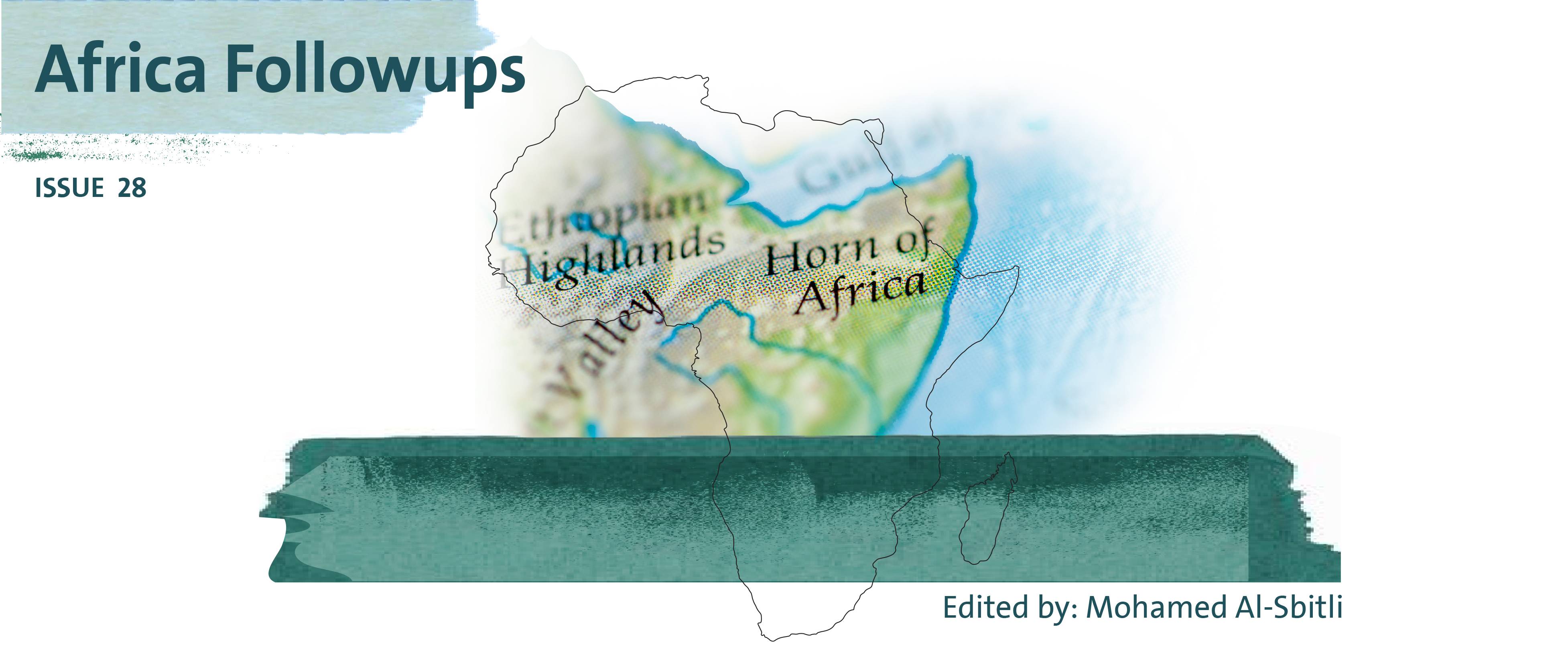Research Papers
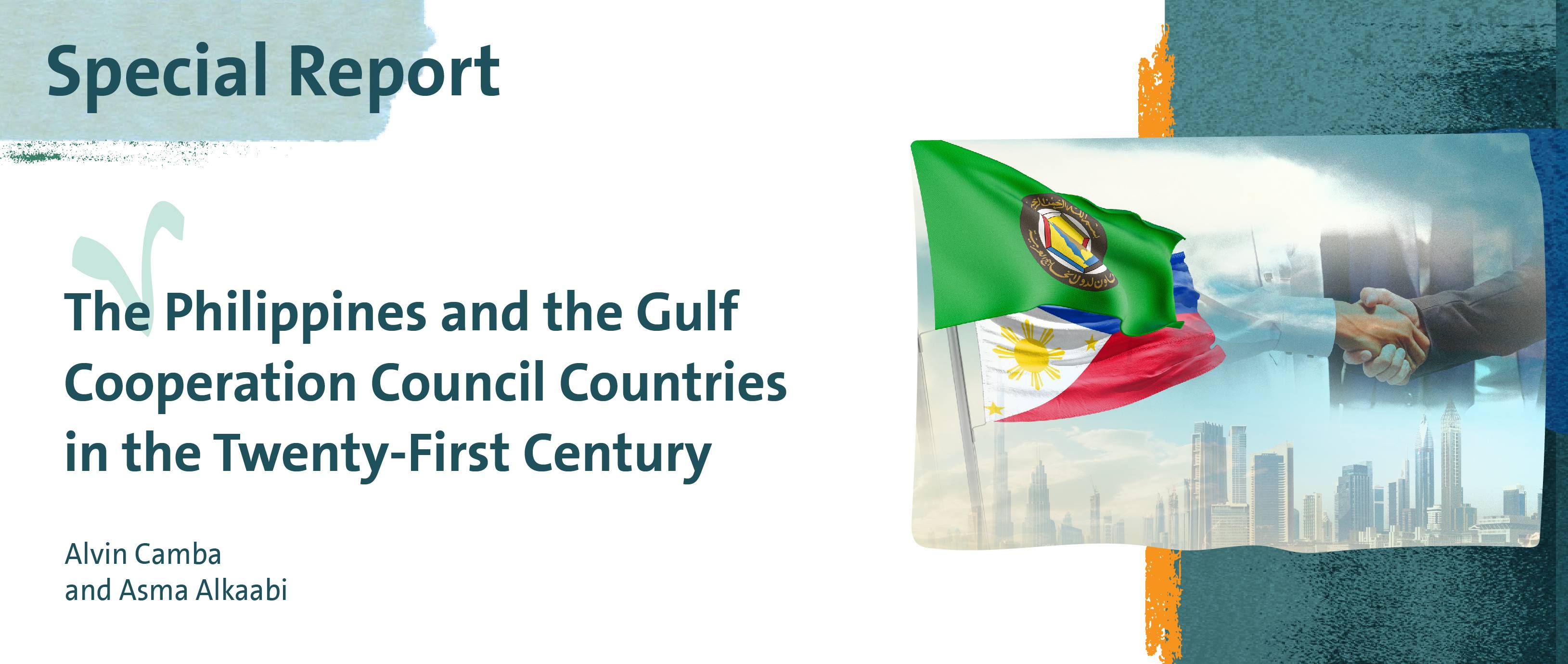
Number:
Author: Alvin Camba and Asma Alkaabi
Our report analyzes the Philippines’ relations with the GCC countries in three key dimensions. First, we look at economic relations, including foreign direct investment (FDI), trade, and development finance. Second, we analyze the political importance of the Philippines to specific GCC states and how GCC countries have responded to international issues prioritized by the Philippines. And finally, we examine the political economy of Philippine labor exports, an economic strategy that inexorably binds the Philippines and the GCC. While the policy paper is organized according to these three themes, we also, where relevant, discuss them in relation to the most recent Philippin
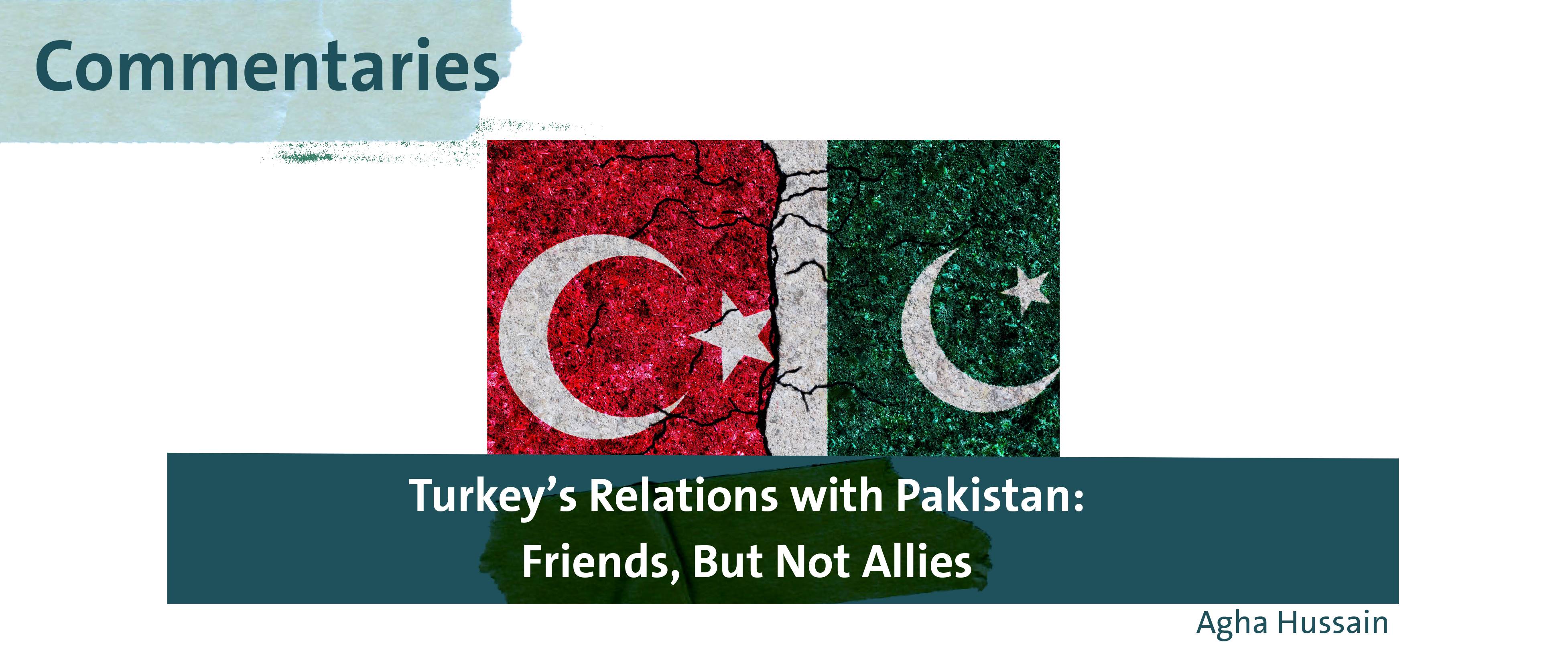
Number:
Author: Agha Hussain
The “brotherly” tone that Turkey and Pakistan use when speaking to and about each other might give the impression that these two large Muslim-majority states are fast allies. Relations have been growing closer ever since Turkish President Recep Tayyip Erdoğan launched a policy of explicit support for Pakistan in its dispute with India over Kashmir. But Turkey’s repeated attempts since then to add a geostrategic component to bilateral ties with Pakistan have failed. Against this backdrop, this commentary will analyze Turkey’s diplomatic attempts to draw Pakistan into a more permanent geostrategic partnership. In so doing, it lays bare the obstacles in fr
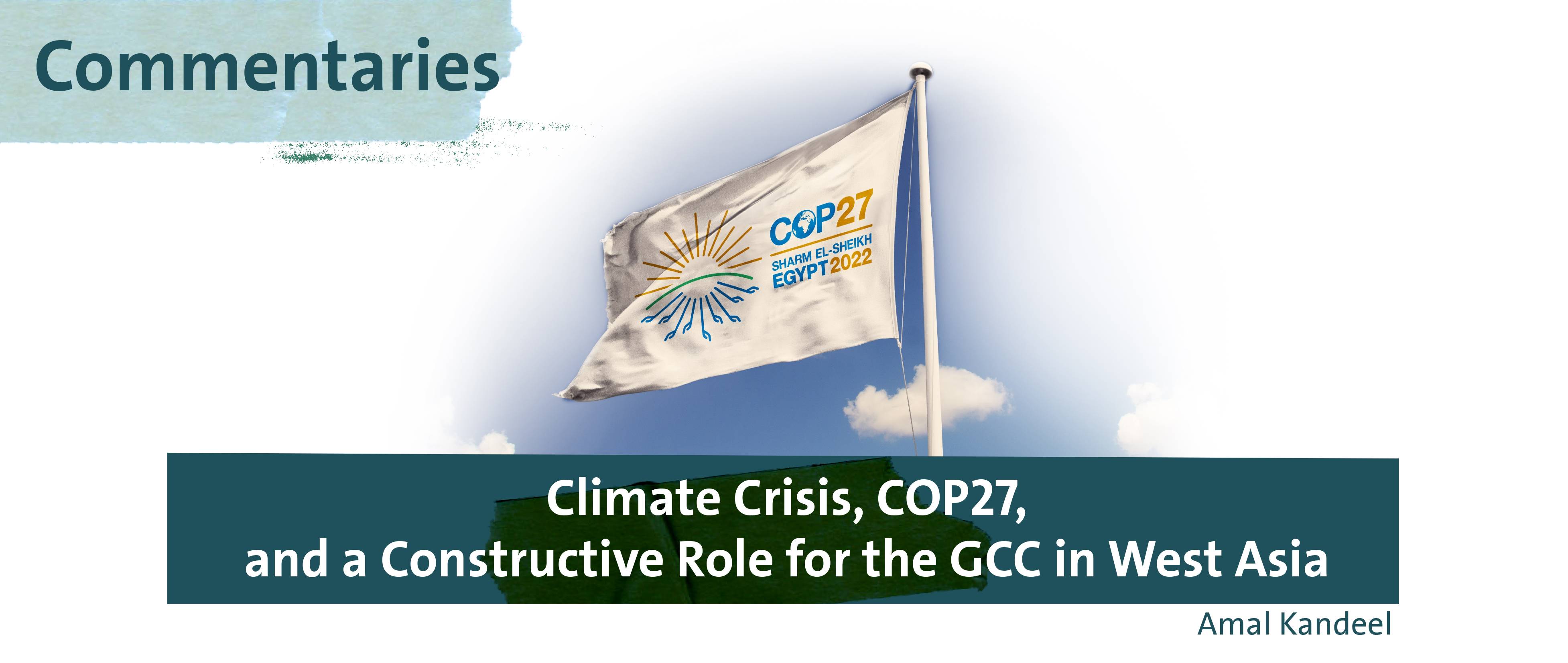
Number:
Author: Amal Kandeel
The commentary draws attention to risks posed to urgently needed international climate action as the world is grappling with the ramifications of the war in Ukraine. While the 27th round of the Conference of the Parties to the United Nations Framework Convention on Climate Change is around the corner, MENA, deeply exposed to climate change impacts, is also one of the most vulnerable regions to global food supply disruptions and price spikes. The commentary calls upon MENA policymakers to heed the IPCC’s recent warnings at this critical moment and upon GCC leadership to assume the indispensable role they have in addressing regional climate vulnerabilities.
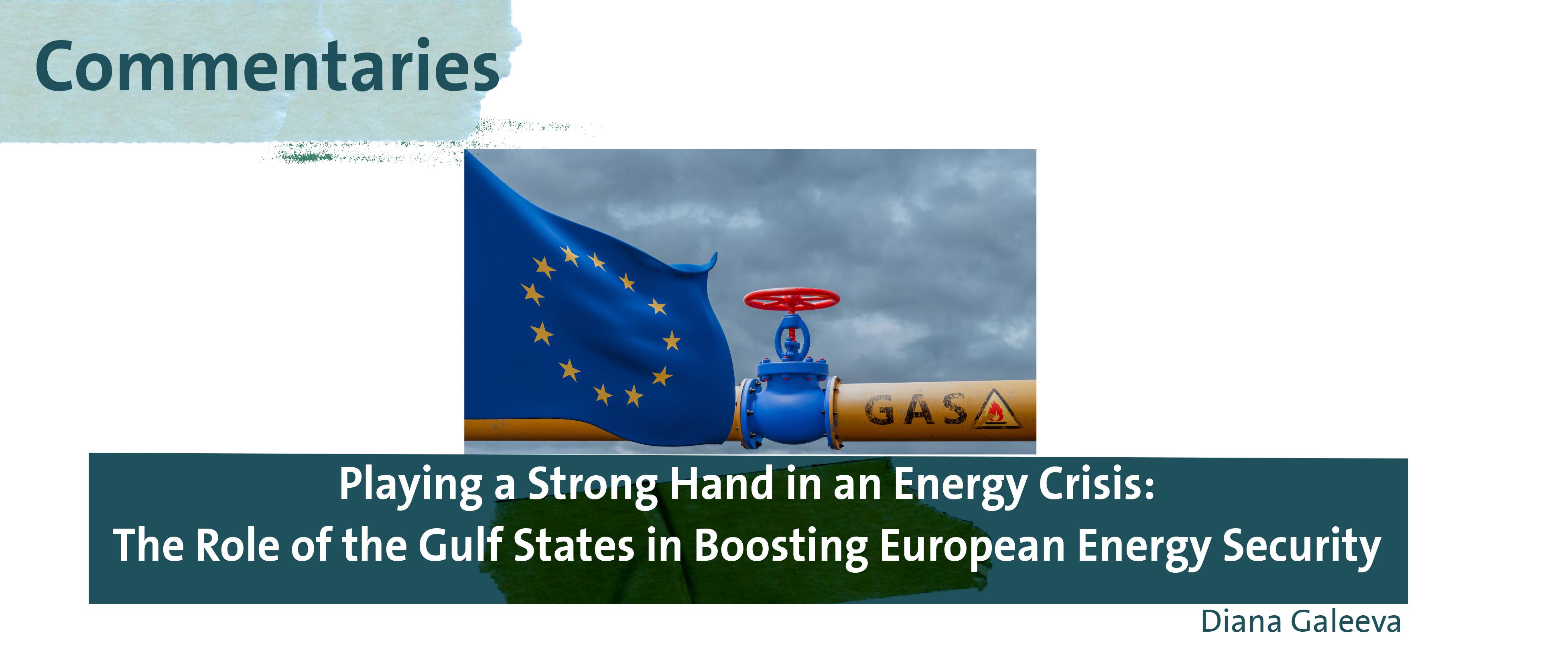
Number:
Author: Diana Galeeva
In May 2022, the European Union (EU) and the Gulf Cooperation Council (GCC) unveiled a strategic partnership as part of the EU’s Global Gateway strategy. While the EU and the GCC have long-standing ties, the new strategic partnership reflects a desire to address emerging challenges, especially the European energy crisis triggered by Russia-Ukraine conflict. The energy crisis has deepened in recent months, as Russia cut flows in June through the Nord Stream 1 pipeline to 40 percent of capacity and shut the pipeline altogether for ten days of annual maintenance in July. The energy crisis has thrown into stark relief the threat posed to Europe by its dependence on Russian ene
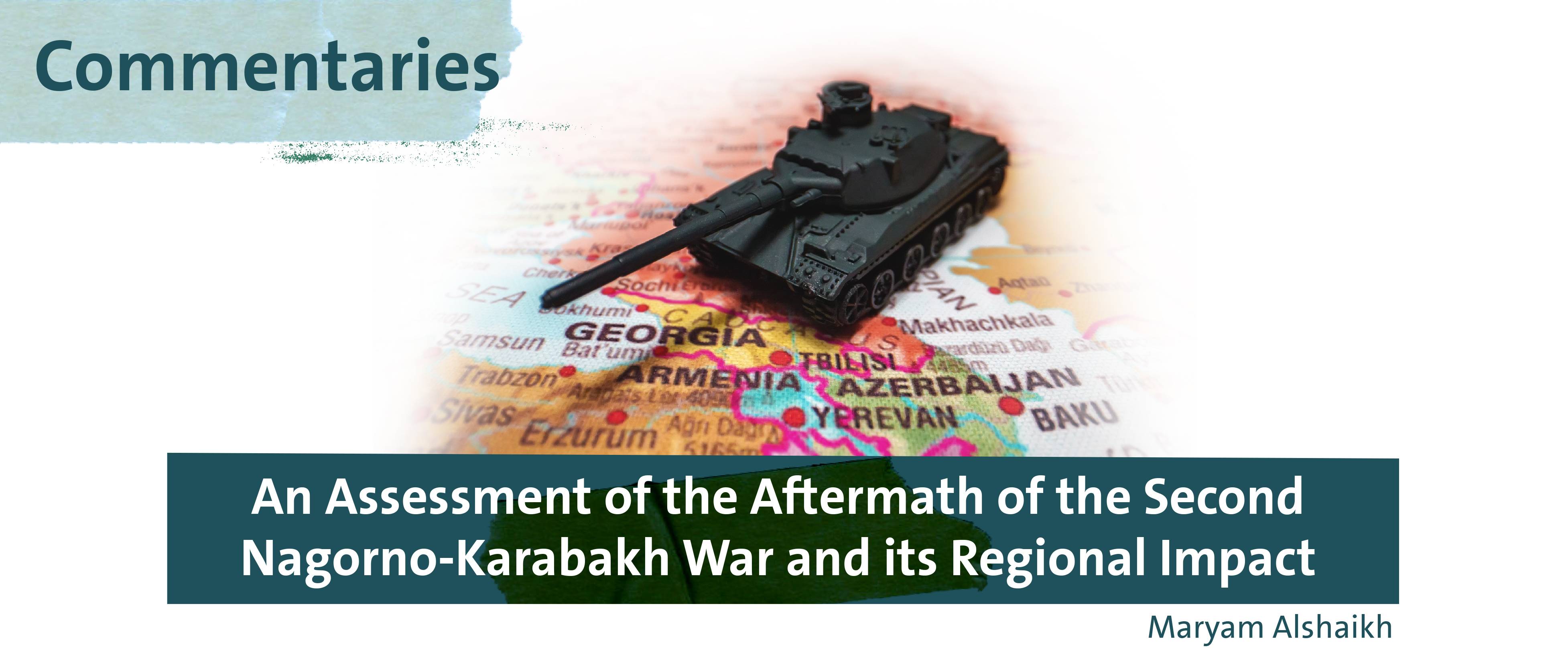
Number:
Author: Maryam Alshaikh
The commentary examines the ramifications of the Azerbaijani-Armenian war in 2020, as well as its impact on the wider regional balance of power. It also considers the ways in which the ongoing Russo-Ukrainian war is affecting the post-war settlement in Nagorno-Karabakh.
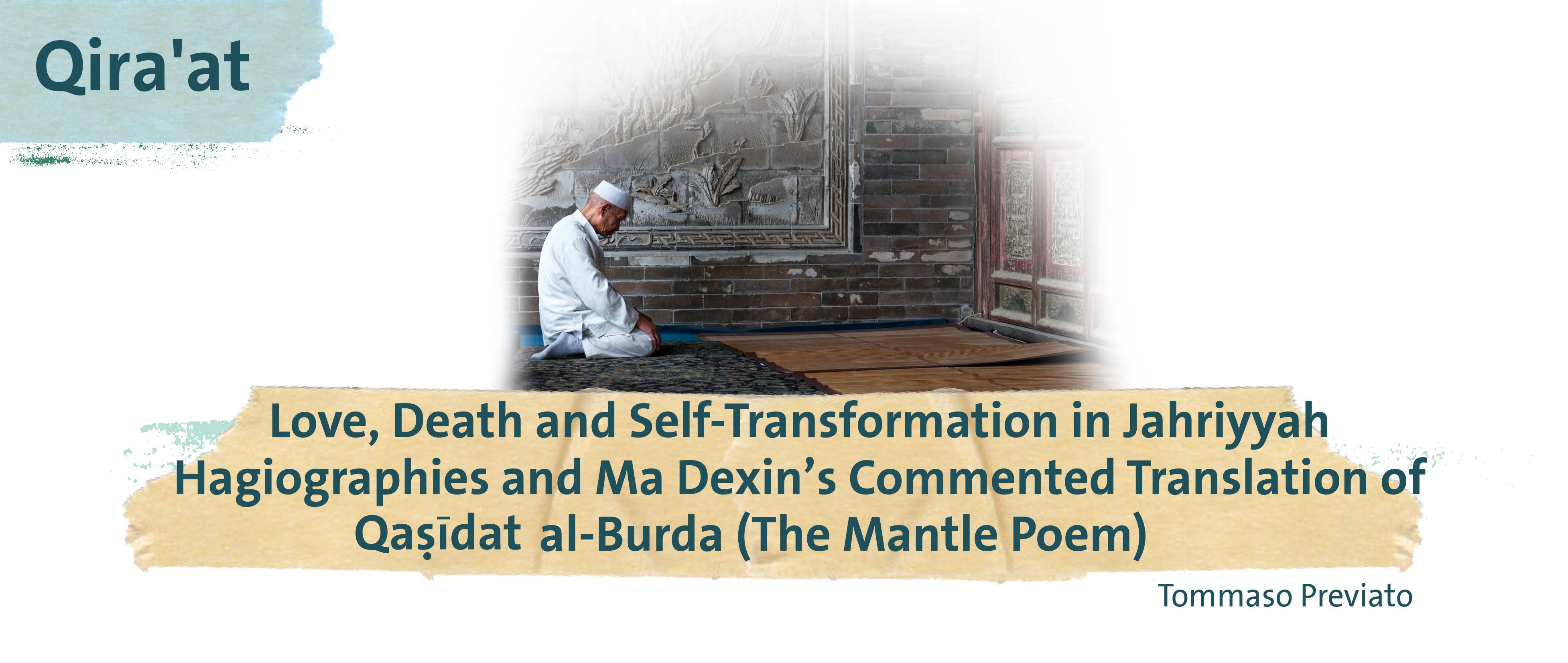
Number: 16
Author: Tommaso Previato
There is no religion that does not seek answers to the questions of life and death or expound on the belief in an afterlife once the bodily self has dissolved. World religions touch upon these questions in varied ways, providing a source of moral behavior that steers people’s relationships with others and the divine. Most of the time, death is described as something one struggles to come to terms with, a struggle often associated with emotions of grief, fear, and despair. But there are cases where death is extolled as a joyful, even ecstatic rupture with worldly attachments or an opportunity for self-elevation. In these cases, death represents something more than just the
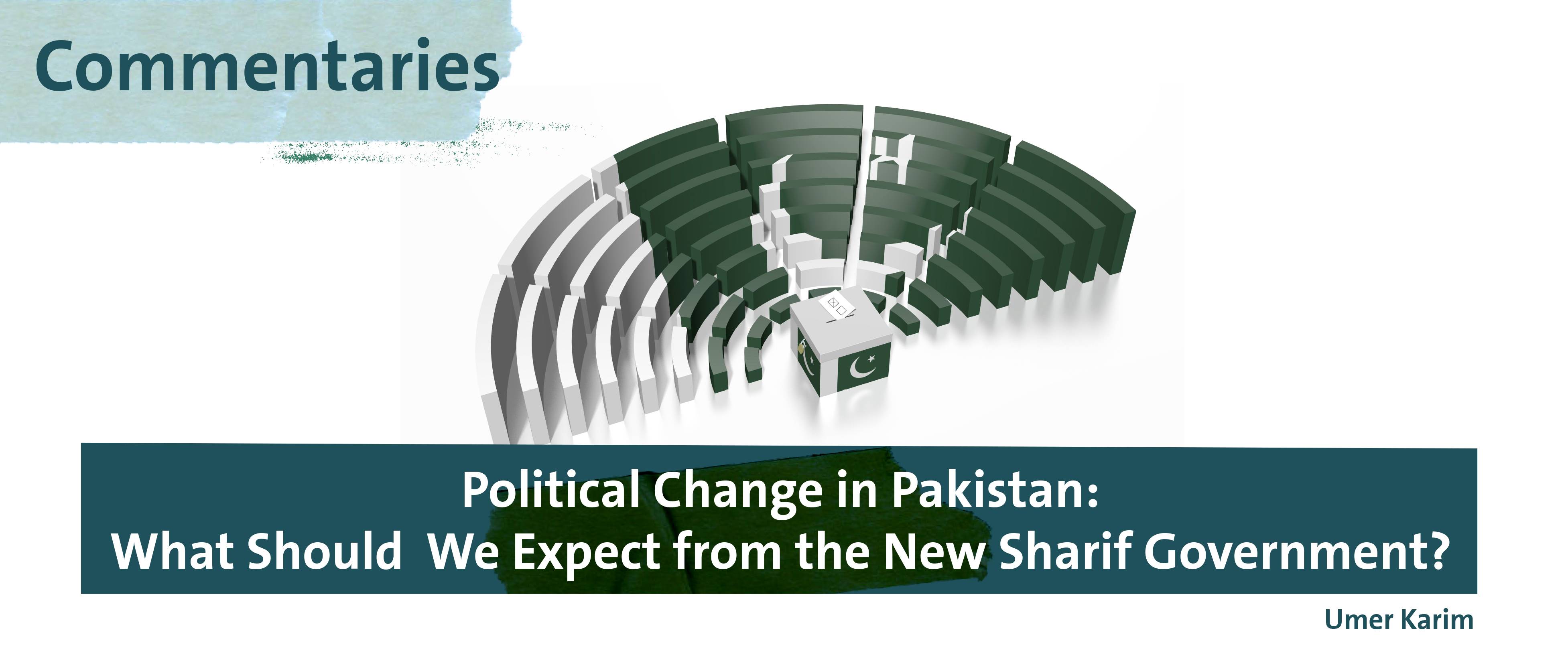
Number:
Author: Umer Karim
Instability is, in a word, the hallmark of Pakistani politics. Imran Khan’s government proved no exception. It collapsed owing to his unorthodox and populist views on foreign policy and his differences with the military leadership. Khan’s departure paved the way for the return to dynastic politics in Pakistan, traditionally dominated by the Sharifs and Bhuttos. The Sharifs and Bhuttos have traditionally been bitter enemies but have now formed a joint political front to counter Imran Khan’s anti-status quo politics. They may have succeeded in bringing down Khan’s government but now have to deal with an economy on the brink of collapse and a politically res




